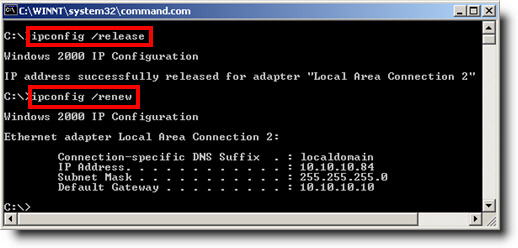

Almost every site you visit will log your IP address, along with the pages you requested and the information you sent and received. Much worse, your IP address is scattered around the web like a signature. If you have an internet connection there are a number of public sites that can reveal you IP address location like HMA! IP Info or That’s no problem if it’s just a website trying to serve you the right language, but governments and companies with questionable motives also have access to this location data. Accuracy can range from country level all the way down to within a few houses.

HOW TO HIDE MY IP ADDRESS LOCATION FREE
But who cares if someone knows this random string of characters? Try searching “where am I” instead and you’ll begin to understand the problem.Īll around the world there are free and paid subscription geolocation databases that match IP addresses to a specific location. You can test this out for yourself by searching “what’s my IP” on Google.

That means your IP address needs to be public - any website you visit must be able to access it. Just as Amazon needs your address to send you a package, servers around the world need your IP address to send you data. Why do things need to be so complicated? Well, IPv4 addresses are just 32 bits long, which means there can only ever be around 4.3 billion IPv4 addresses.īy September 2015, with just about everything connected to the internet, four out of five RIRs had completely run out of IPv4 addresses! At 128 bits, IPv6 addresses are the answer: 340 282 366 920 938 463 463 374 607 431 768 211 456 addresses means we won’t be running out any time soon. Once created, the IANA assigns each IP address to one of five Regional Internet Registries (RIR), which hands them out in turn to internet service providers in their region.Īt the moment, there are two versions of IP addresses called IP version 4 (IPv4) and IP version 6 (IPv6). Just like your postcode, your IP address was created by a central authority - the Internet Assigned Numbers Authority (IANA).


 0 kommentar(er)
0 kommentar(er)
